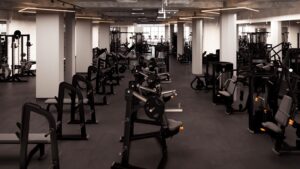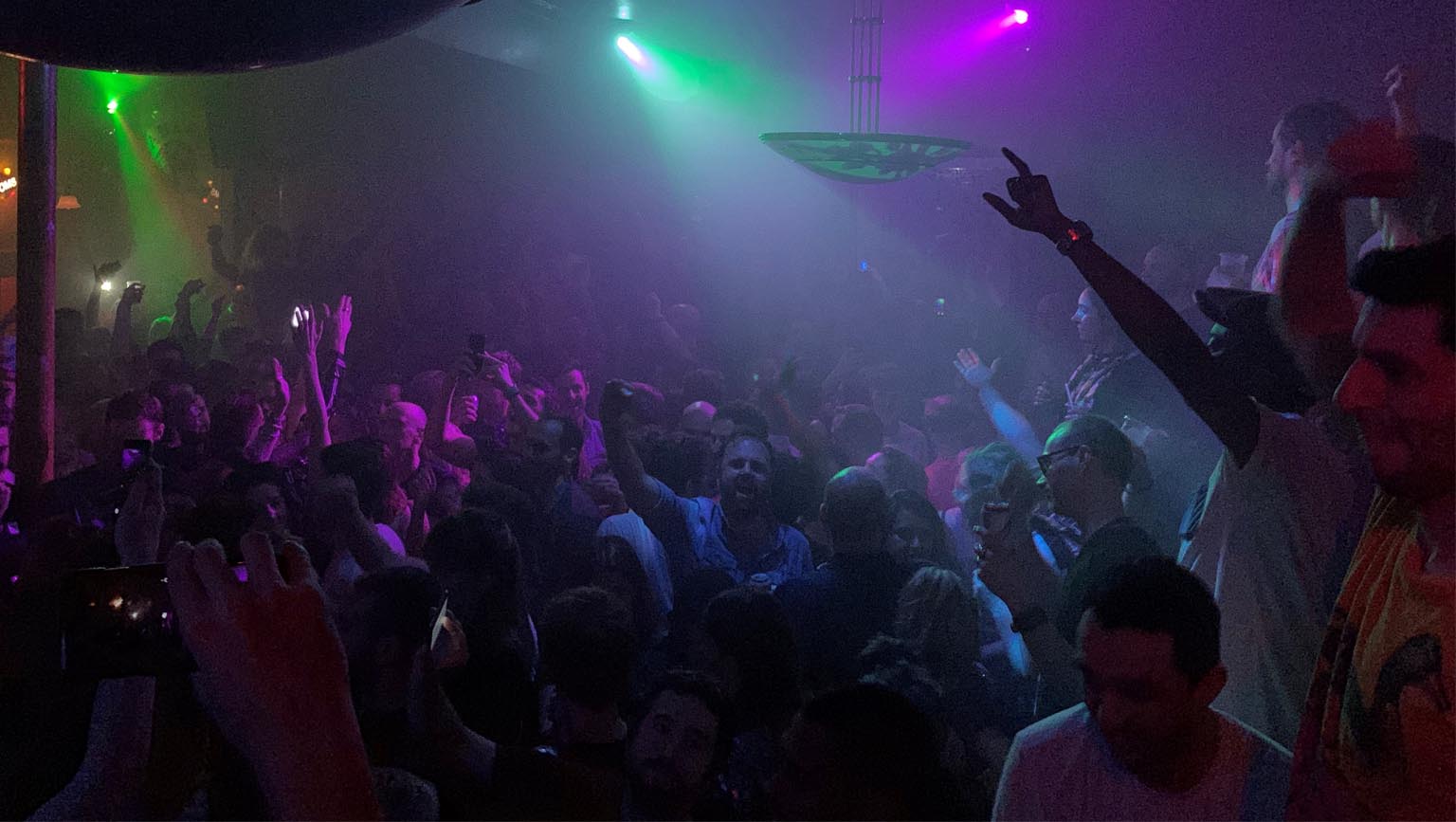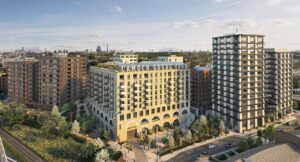
The Basement Gym + Studio opens in Camden Town
Camdenist readers get 50% off their first month’s membership, too

Everyone deserves the right to a good night’s sleep. Equally, it’s essential that we all have the right to work and play safely – and exuberantly – after dark, too.
Living in a city of approaching 10 million people, the rights of individuals inevitably overlap, and battle lines can quickly get drawn. But if anything, the Covid crisis quickly demonstrated how creating a world devoid of social gatherings and chances to let off steam isn’t a great way for any of us to live.
With our once thriving nightlife venues still struggling in the face of multiple existential threats, now is the time to rethink outdated views towards entertainment and employment after dark, and support this vital incubator of the most dynamic cultural forces.
Finally, it looks like positive local action to redress some of the issues may be on the way. Earlier this week, Camden’s cabinet agreed to approve, adopt and implement an innovative strategy and action plan for the evening and nighttime across the Borough.
“We’ve heard from over 1,500 people about the evening economy and listened extensively to this feedback,” a Camden Council spokesperson told us. “Our updated policies are seeking to address the challenges faced by Camden’s evening and night-time economy. This includes the need to stop music and cultural venues closing due to economic challenges, ensure our high streets remain vibrant, and that we protect jobs – with a third of Camden’s employment in the evening economy. We also want to ensure we improve safety and wellbeing our residents. This strategy seeks to achieve both goals – ensuring Camden remains somewhere people wish to live, work and visit.”
Objections to some of the measures, particularly extensions of London’s famously puritanical opening hours, have already been splashed all over the traditional local media organs. But for the Council’s laudable efforts to improve the prospects of the nighttime economy to work, there’s going to have to be a shift in the traditional power dynamics, where one resident’s right to complain can so often curtail the rights of many hundreds of others to enjoy a night out dancing.

Often, protestations are down to a total misunderstanding of the culture anyway. The stereotypical view of a nightclub as a shady spot for drug dealing, sexual assault and irresponsible drinking is largely a relic of another era. Today’s nightlife venues are almost all incredibly safe, slick and culture-driven operations. Complying with stringent terms of licencing has led to an almost fanatical emphasis on crowd control, customer service and neighbourhood caretaking that some might argue has sucked a lot of the fun out of it. The whole point of being out after dark is that it subverts the norms and allows adults a vital chance to reconnect with their wilder, more playful sides. There’s only so far this can be contained with onerous restrictions before it loses what makes it special.
Some residents may not like it that others wish to stay out and make noise and mess late into the night, but the knee-jerk impulse to shut them down completely is ultimately wrong. It’s got to be about compromise when living cheek by jowl in the city. As we highlighted in last week’s Camdenist Culture Campaign feature on protecting local pubs, newer rights for venues, (such as the Agent of Change principle which protects an existing cultural spots right to make the loud noises it has always made), have been put in place with a degree of success, but moneyed moaning killjoys are just one of the many issues.
We won’t be able to solve all of the ones listed below, but Camden Council is at least recognising that there is a problem, and a fresh approach to the night is long overdue. Read their strategy proposals in full here, and keep reading Camdenist each week for more stories and successes from the nightlife coal face – a vital, if often willfully overlooked element in our rich local cultural fabric.
It’s got so much harder to run a successful, profitable venue just down to all the added rules (and associated costs) that must be followed, from ID door checks to noise monitoring, and street cleaning to late night levies.
From Deliveroo to dating apps, Boiler Room to the latest AR immersive goggles, it’s easier than ever to get all the bits that used to drive people to go clubbing while just sat on the sofa. Still a poor substitute for actual social interaction, kids, so do remember to go out!
With none of us having as much cash in our pockets, plus the soaring cost of electricity, beer and the rest, it’s damn hard making the economics of a venue stack up right now.
We all know the gentrification narrative, where artists and their nightlife make once cheap, down-at-heel neighbourhoods ‘cool’, attracting developers, who if they don’t flatten the venues then the incoming residents will surely try and get them shut with noise complaints. Camden, alongside Notting Hill, is probably one of London’s original such areas, yet amazingly it does still have a fair few nightlife venues to speak of.
More young people supposedly focusing on healthy lifestyles, including not drinking or staying out late is a popular trend, yet its impact is ultimately unproven. And are people less inclined to be feeling under par on a Monday in their dog-eat-dog jobs these days? One thing’s for sure, having a bad snap of yourself uploaded to the socials is leading some people to fear cutting loose on the dancefloor, or drinking one too many at the bar, perhaps making nights out feel less attractive.
Camden is one of the boroughs that has attempted to restrict new licences being granted in areas that are already seen as being full of existing late night options, but the result has been to stifle new businesses and make late night offerings less exciting.
With repeated train strikes and the current spectre of VAT on taxi fares looming, getting to and from venues in the early hours is not always easy or affordable – but that’s another reason why central locations with multiple 24-hour travel options are ideal for hosting a higher concentration of venues, not limiting them.
Brexit has proved a drain on the pool of enthusiastic travelling youngsters looking to fill bar jobs, while the security industry has been suffering a huge shortage of trained and licensed staff, meaning pay rates and competition for staff have also shot up.
We love dancing in a big field or in a vast industrial space on a Saturday afternoon, but these mega parties can mean punters saving up for big events to the detriment of the smaller venues.
We’ve mentioned the organised complainers who mobilise to get venues silenced to protect their property prices, meanwhile sudden rent hikes can have the same chilling effect. Protected Asset of Community Value nightclub Heaven revealed this week that their rent had just been raised by a ridiculous £320,000 a year.

Camdenist readers get 50% off their first month’s membership, too

A brand new hairdressing and barbering academy has landed in Camden Town and is now seeking style-conscious models and enthusiastic trainees

We speak to founder, Sol, about bringing the studio to Kentish Town

Explore the neighbourhood’s brand new neighbourhood